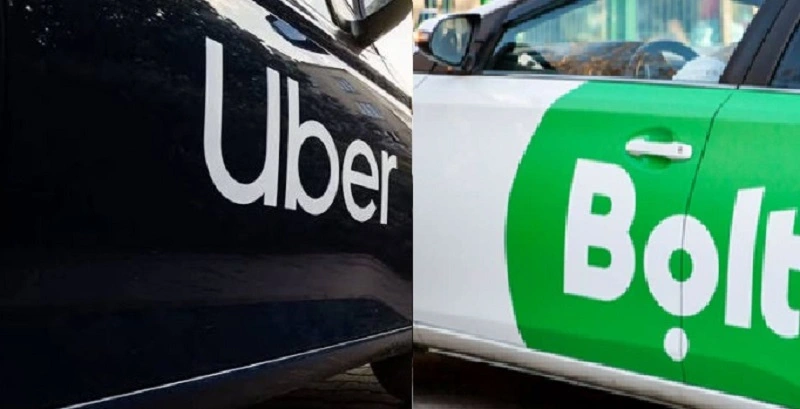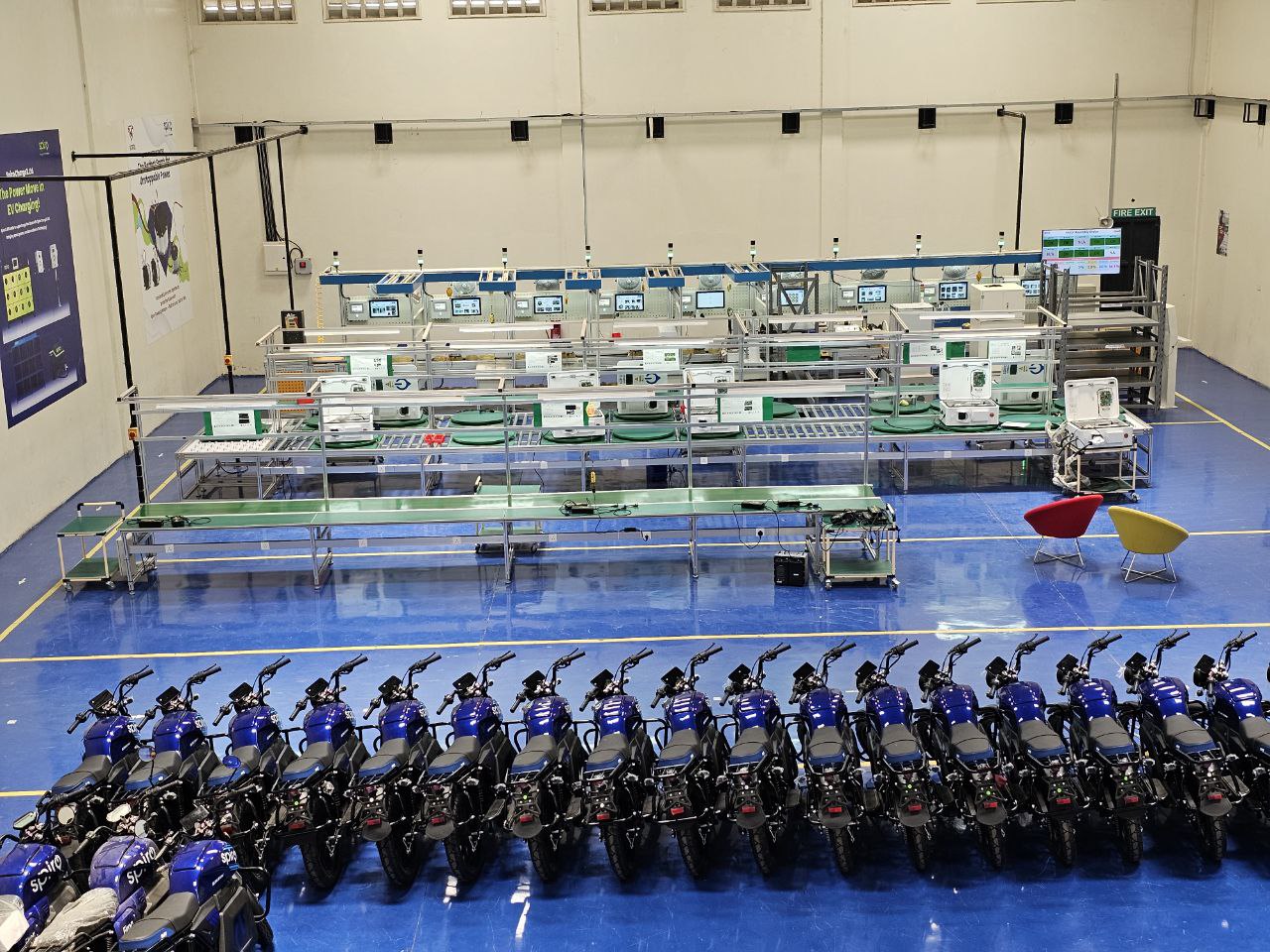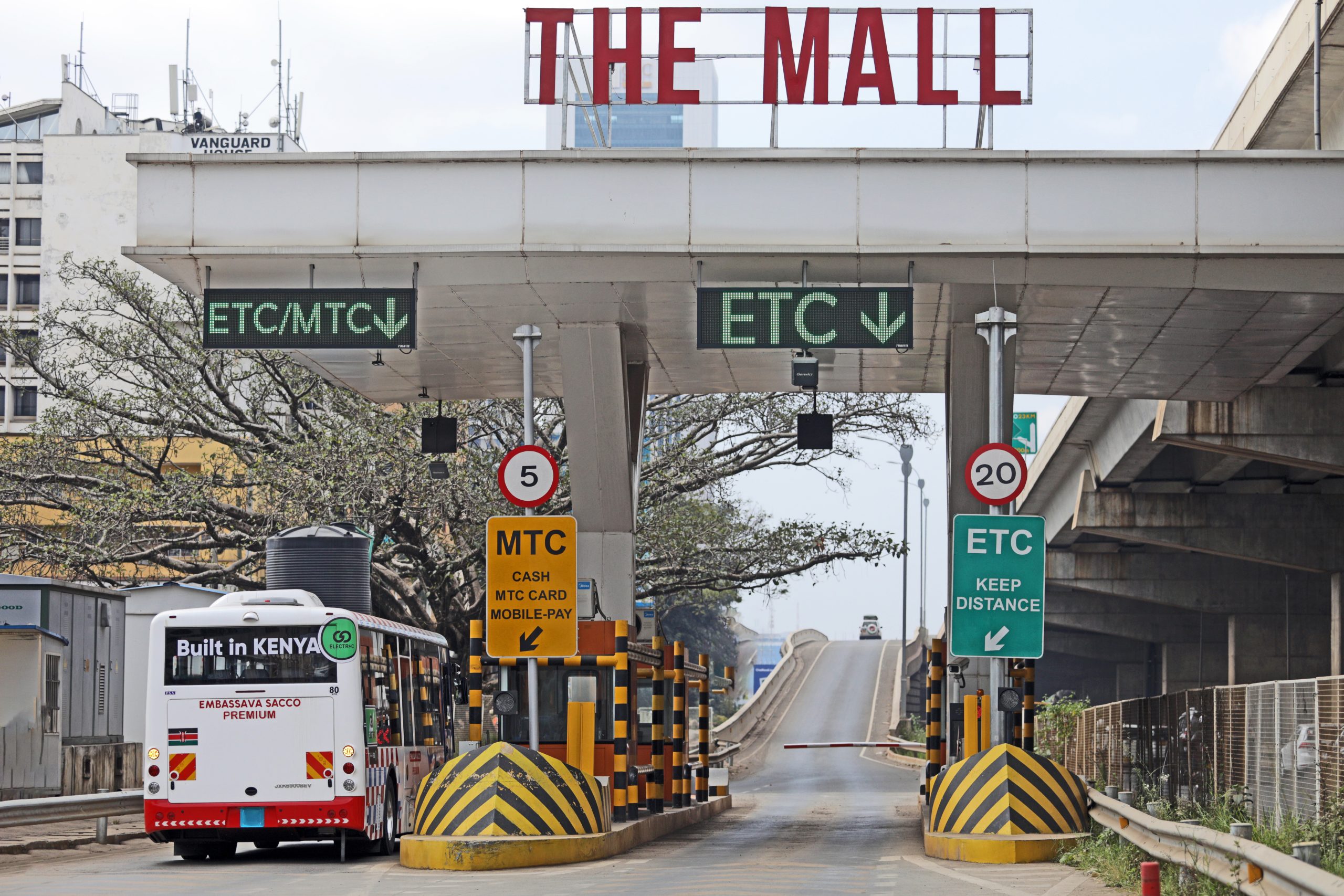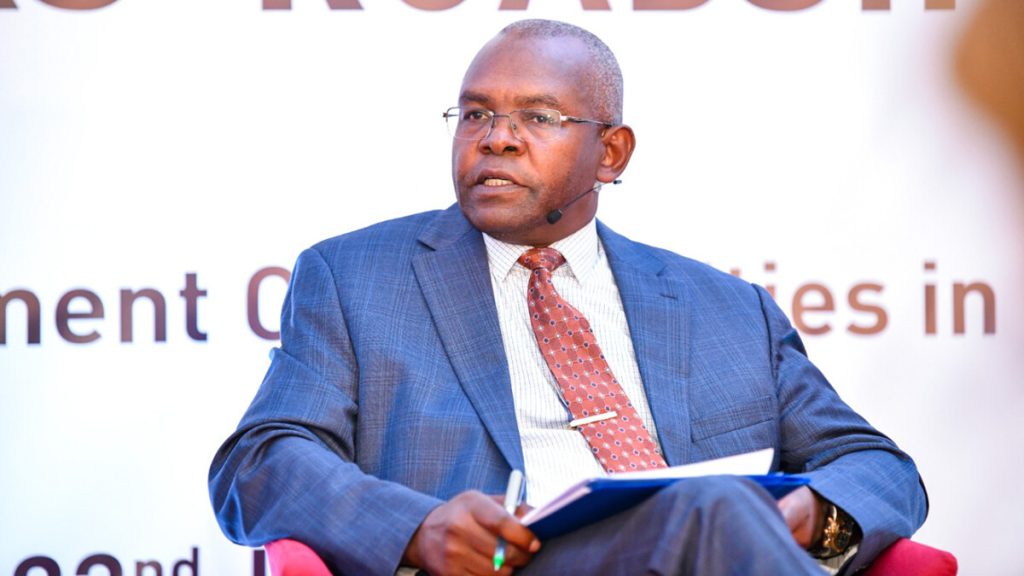On August 21, a Sunday, Akpesiri, a Bolt driver in Port Harcourt, capital of Rivers state in southern Nigeria, woke up to an email notification inviting Bolt drivers to a meeting with state officials at a disused government bus park that same day. Akpesiri did not attend the meeting that afternoon as he had other things to do. But several Bolt drivers did and were told by people who identified themselves as officials from the transport ministry that the government was imposing a new levy on all ride-hailing drivers in Port Harcourt and throughout Rivers state.
Drivers would now have to pay ₦12,000 to register their vehicles and ₦200 monthly, bringing the total to ₦14,400, Akpesiri said in a local radio interview.
The sudden news immediately raised red flags among the Bolt drivers. Firstly, not all Bolt drivers received the email. Those who did allege that the email did not look like emails they were used to receiving from Bolt. One driver told TechCabal that the email came from a .com domain instead of a .eu domain. TechCabal could not independently verify this at the time of publication.
Bolt drivers suspected foul play, noting that the meeting was scheduled for a Sunday and in a motor park instead of an official government office on a working day. Drivers also noted that not only was the email not sent to everyone, Uber, Bolt’s rival ride-hailing platform, did not send a similar email to its drivers. Bolt drivers usually also work with Uber.
Bolt says it is aware of the new levy introduced by the Rivers state government. “Rivers state issued a communication to Bolt to circulate to drivers that utilise its platform to attend an orientation session regarding the new regulation for ride-hailing operators and drivers. Subsequent to this, Bolt circulated an email to the driver community detailing the contents of the communication shared by the Rivers State Government,” a spokesperson for Bolt told TechCabal.
Drivers contend that they should not have anything to do with the Rivers state government, as they work with Bolt. Akpesiri noted in his radio interview that several months ago, the Rivers state traffic enforcement officials randomly impounded vehicles suspected of violating traffic rules and charged exorbitant fees to the offenders if they wished to be let go on the spot. Bolt drivers are worried that dealing directly with the government would mean having to deal with these officials.
On their part, an Uber spokesperson said the company is, “aware of the levies that are to be implemented by the Rivers State Government on drivers operating on e-hailing platforms. We are liaising with the state government to understand the full scope of the impact on drivers operating on our platform, which we will be able to communicate to them when we get further clarity from the Government.”
Port Harcourt is not the only Nigerian city to impose additional taxes on ride-hailing operators. In 2020, Lagos, Nigeria’s largest metro, introduced new licensing rules requiring ride-hailing companies with more than 1000 cars to pay $64,600 plus a 10% surcharge on the cost of every trip. The fees were later reduced to $51,680 and ₦20 on every trip.




















